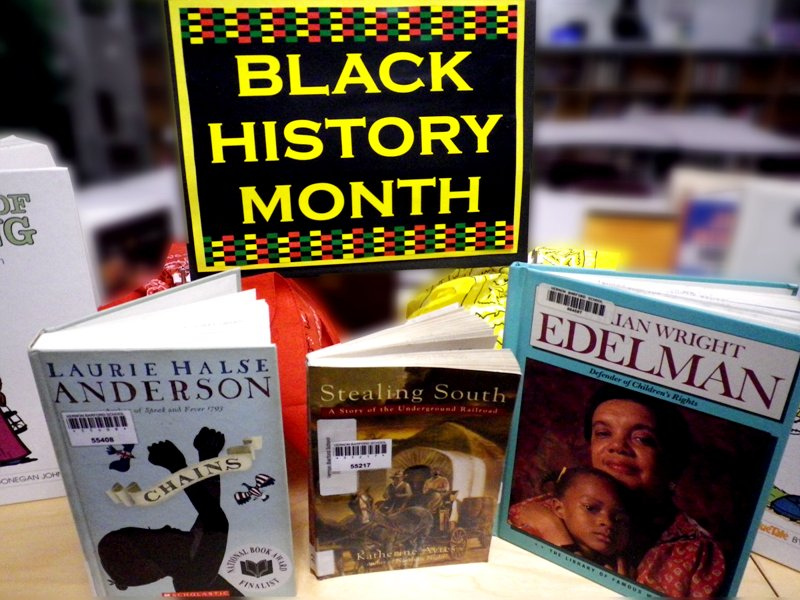With the turn of October, we are brought to Black History Month. A month for embracing a vibrant and complex history, helping us learn more about the people and events who helped shape Britain.
One can join the crusade of Toussaint L’Ouverture against Haitian slave holders, accompany William Wilberforce in the abolitionist fight and attend events on our city and campus. While this month initiates a critical gaze into our past, let it act as a double-gaze into today. I believe this year more than ever British Black history month should hold another objective of conveying the importance of solidarity with race relations in America.
Recently returning from a year abroad at the University of Massachusetts, I have developed a greater understanding of Black America. Myself a person of colour, I had never experienced such a disparity between peoples of different ethnicities.
While growing up in a majority white city, there was the odd time at school when my love for chicken cuisine and the ability to twerk apparently made me ‘such a stereotype’. Moments of micro-aggression is unfortunately a common aspect of a person of colour’s experience. Usually in my case I let them slide unless full of alcohol and brimming with utter exasperation; a combo which has left a few people at the peril of my anger.
However, walking around campus it seemed that people forged relationships within the boundaries of their ethnicity. There were expectations, such as in sport teams and thankfully interracial couples were not met with gazes of query. Yet, even in my majority white home town this trend was not matched.
With the great variety of courses in the African American department, I learnt more about the oppressive history behind these social patterns. In housing, the restrictive pattern of ‘Redlining’ denies people housing in areas based on their financial status, which are often relative to ethnicity. This is a brief description of a strong social trend which separates American cities by forming separate areas based on ones ethnicity, thus assisting this separatist theme of American society.
On a few occasions I was invited to Black Student Union events and asked specifically not to bring my white friends. At times I felt the brunt of undermining comments regarding my place in social groups, particularly after the election of Trump.
I bring these experiences to mind, for I believe the Black British experience holds a certain relationship with the African American experience. A history of oppression rooted in the slave system which leaves marks today on our society. Stereotypes which do nothing but serve the majority and leave people of colour in a vulnerable state. Gay capital of the UK, Brighton is no stranger to liberal politics, yet even here I have witnessed maliciously-verbal racial attacks.
President Trump is rebirthing oppressive regimes of past presidents through his offensive and ignorant rhetoric. Richard Nixon’s War on Drugs in 1971 facilitated a massive rise in Black and Latina incarceration; this misunderstood pattern reinforces crippling stereotypes against people of colour as violent lawbreakers, encapsulated in Katie Hopkins’ offensive tweet – “Dear black people. If your lives matter why do you stab and shoot each other so much.” (2 May 2017 @KTHopkins).
Oppressive representations of people of colour are strife here and in USA, bringing to mind the white supremacists’ involvement in the recent Charlottesville riot who were influenced by Trump, feeling that he provided them a space to voice their fears and anger.
Use this month to familiarise yourself with issues here and across the pond. Ava DuVernay’s 13Th (2016) is a fantastic documentary about the crippling history of American incarceration.
Also on our home campus I, Too, Am Sussex will be holding a number of events such as ‘Blackness: A Poetry Workshop and Performance’ where poet Kareem Parkins-Brown shall invite us to explore how we write Blackness and identity. I, Too, Am Sussex are also hosting writer, historian and journalist S.I. Martin who will be tracing the Black history of Brighton.
Blackness: A Poetry Workshop and Performance
Sat 21st Oct: Workshop 6pm – 8pm, ONCA gallery, Brighton
Sun 22nd Oct: Performance – 7pm – 9.30pm ONCA gallery, Brighton

